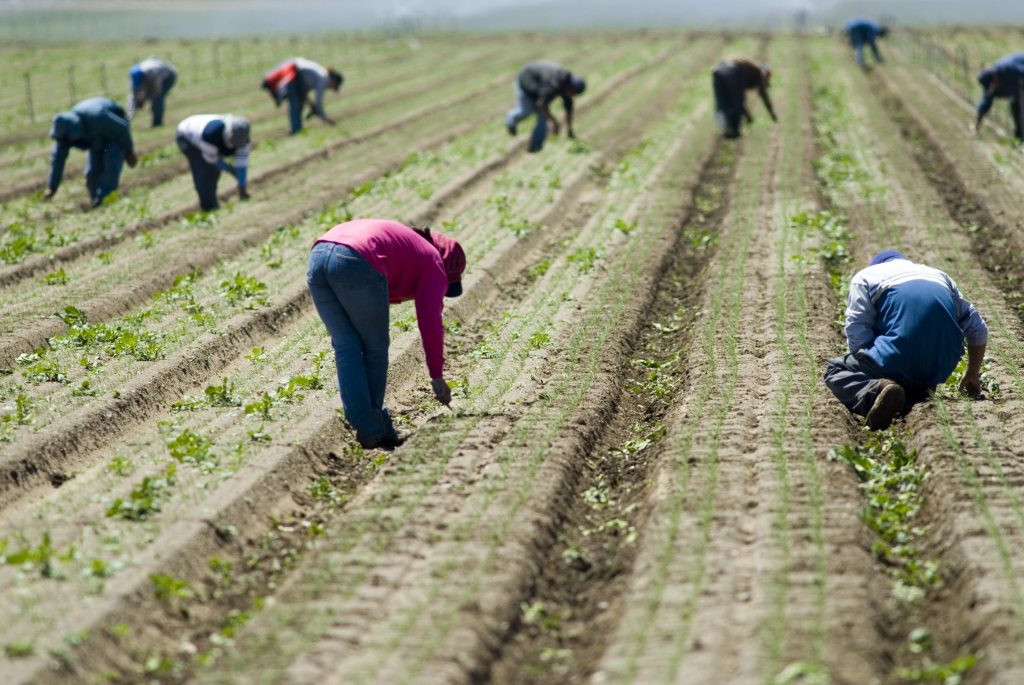
By Clint Thompson
The current labor crisis sweeping through the United States provides another spotlight on the problem in the agricultural industry. Veronica Nigh, economist with American Farm Bureau Federation (AFBF), discusses the issue.
“I think what’s likely to cause more action is maybe the fact that it’s not just Ag that’s having trouble with wage growth right now. When you look at year-over-year growth, you’re looking at wage rates across the economy. They are 11% to 12% higher in the same month from the previous year. Twelve percent growth in a year is dramatic wage growth,” Nigh said.
“When Ag (leaders) in the past have told lawmakers this is a problem, we can’t sustain this, it sounds like it’s just an Ag problem. The response that we got was, ‘Just pay people more.’ Now that we’re seeing this super tight labor market throughout the economy and you get different elements of business saying, ‘I can’t find people. We’ve increased wages 12%, and I still can’t find people.’ I think that adds some additional gravitas to our arguments, honestly. It’s not just an Ag problem.”
Statistically Speaking

Total non-farm payroll employment rose by 390,000 in May, and the unemployment rate remained at 3.6%, according to the U.S. Bureau of Labor Statistics. The number of long-term unemployed (those jobless for 27 weeks or more) dropped to 1.4 million, though it is still 235,000 higher than February 2020 preceding the COVID-19 outbreak.
Labor costs have risen significantly in recent years. Allison Crittenden, Director of Congressional Relations at the American Farm Bureau Federation, said in March 2021, the national average for the Adverse Effect Wage Rate increased by 20% in the previous five years. Florida’s hourly rate was $12.08, while Georgia and Alabama were$11.81. That’s not counting additional costs for housing and transportation.
“I think what will be critical is how we leverage the current situation to prove to lawmakers that we need some actual reform. It’s not our growers who are doing something wrong in how they run their business. That has been the default from a lot of lawmakers,” Nigh said.









